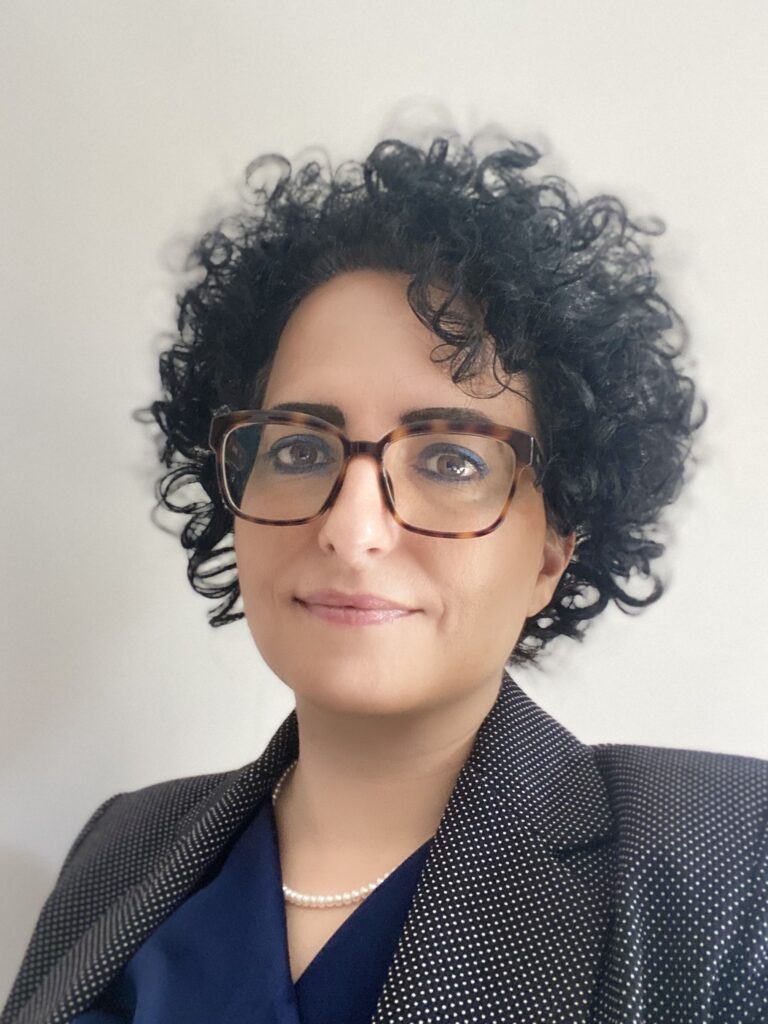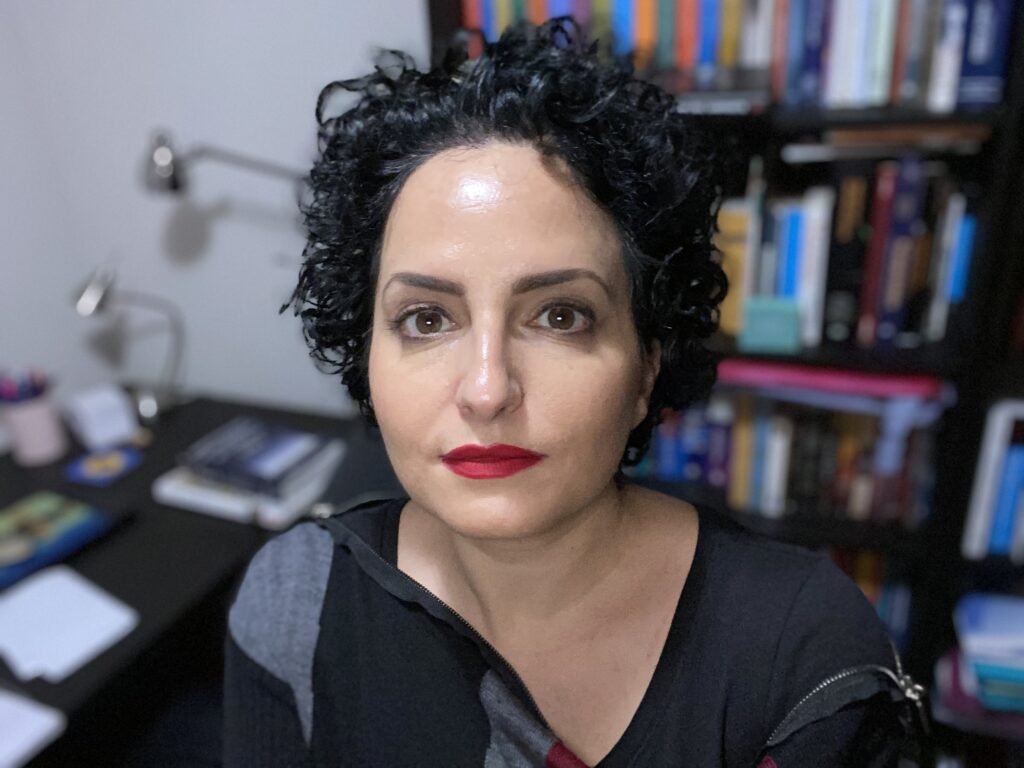About me
Clinical Psychologist, currently specializing in Cognitive-Interpersonal Psychotherapy and Neuropsychology, member of the Association “Ipnosiper”, a non-profit organization for scientific research and clinical applications of cognitive-behavioral Hypnosis.

After having accomplished a two years internship at SerD (Governmental Center for treatment of Addictions) and CSM (Governmental Center for Mental Health), I have attended my Psychotherapy internship at the Psychiatric Ward of IFO Hospital in Rome.
I have been leading self-help and bibliotherapy groups for anxiety and mood disorders at the non-profit Organization InsiemeconTe Onlus, for which I have also served as a volunteer at the Emergency Psychiatric Ward in Sant’Andrea Hospital in Rome.
I currently run my private practice for adults and adolescents affected by anxiety, depression, personality disorder, interpersonal difficulties, adaptation disorders related to new personal/professional situations.
Therapeutic approach
I make use of the cognitive post rationalist approach. Post rationalist cognitivism assumes that next to irrational thoughts (of which many patients are already aware of), symptoms are caused by distorted self- and reality perceptions which everyone has built according to his own way of making meaning out of life events and interpersonal relationships experienced in his early years; because these perceptions remain outside his consciousness, they are constantly and automatically activated: in fact, these implicit perceptions are the ones underlying the patient’s dysfunctional beliefs and behaviors. For this reason, dysfunctional behaviors and destructive relationships patterns appear to be repetitive in the patient’s life, as the interpretation he gives to reality and to his emotions in reaction to it will tend to be the same throughout all his life.
Throughout the therapy, the person become aware of his automatic way of thinking and behaving; this awareness gives him the possibility to modify his distorted perceptions, thereby gaining more freedom and more control upon his life.
Before becoming a psychologist, I have been working for 13 years in Germany and the Netherlands learning to overcome frustrations occurring when adapting to a completely new environment, where one can sometimes feel misunderstood, not supported, and not appreciated. Important changes in lifestyle may lead to deep anxiety: a new job, moving to a new city, becoming single again after a long relationship, a new school, an illness…
It is possible to learn to cope with changes to feel better: if we cannot change the situation, we can change the way of confronting with it. To do that, one must gain awareness on his own way of functioning before understanding the way of functioning of others.
Although life events in which one may feel in the middle of a crisis may be several, the most important thing is to find (again) connection with one’s own needs and desires in life. When this contact is lost, symptoms may show up. Every crisis offers opportunity for change, for personal growth and for new adaptation. When this natural process does not occur spontaneously, reaching out for professional help might be the best decision one can ever make. The role of the Psychologist is not only that of listening and giving emotional support, which by the way can be taken on by any family member or close friend, but much more broadening the patient’s mind to new horizons, new view points and new options which he wouldn’t have considered before. In this perspective, therapy can be a tool of learning new coping strategies where situations cannot be changed.



